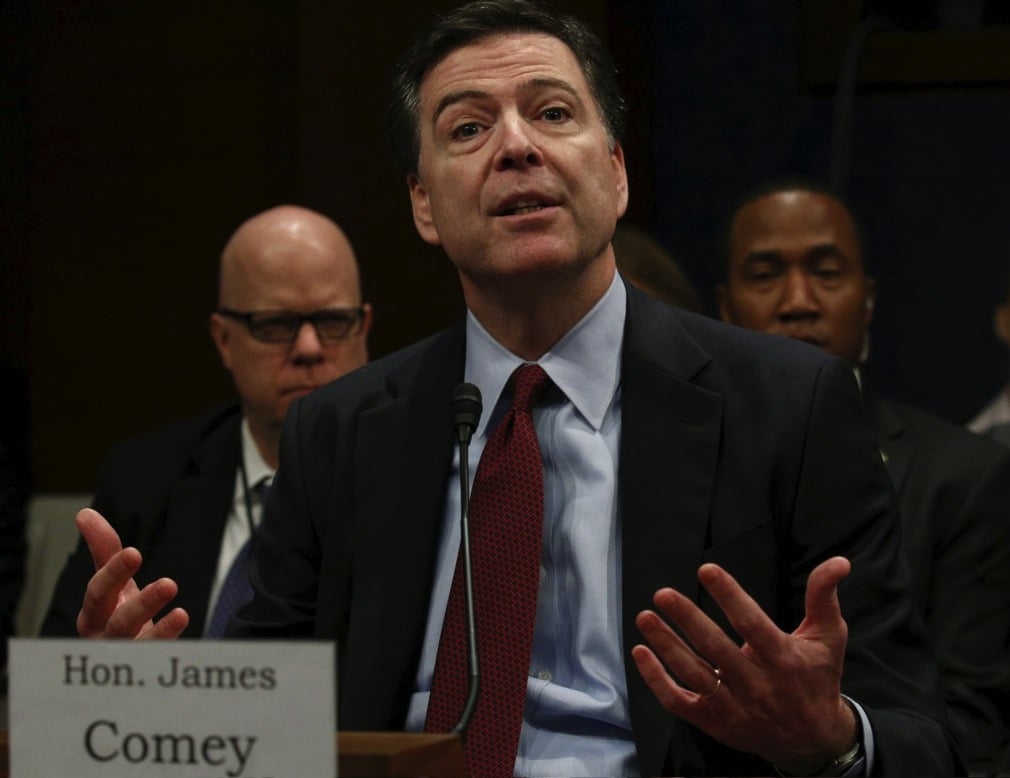
Federal Bureau of Investigation (FBI) Director James Comey seems to have quickly reversed course to admit the obvious — that the February 16 magistrate judge’s order for Apple to help the US government breach an iPhone’s security, including encryption, is as much about establishing precedent for more court orders as it is about the government trying to obtain information connected to one phone related to the December 2 mass murder in San Bernardino, California.
On Sunday, Comey issued a statement that started with this declaration: “The San Bernardino litigation isn’t about trying to set a precedent or send any kind of message.” Then, on Thursday, Comey backtracked from this assurance by testifying before the US House Intelligence Committee that the order and appeals arising from the order “will be instructive for other courts.”
Comey told the committee:
Whatever the judge’s decision is in California — and I’m sure it will be appealed, no matter how it ends up — will be instructive for other courts. And there may well be other cases that involve the same kind of phone and the same operating system. What the experts have told me is the combination — and here’s where I’m going to get well out of my depth — of the 5c [iPhone] and this particular operating system is sufficiently unusual that it’s unlikely to be a trailblazer because of technology being the limiting principle. But, sure, a decision by a judge — the judge weighing a decision in Brooklyn right now — all those decisions will guide how other courts handle similar requests.
Notably, Comey is still unwilling to admit the true breadth of the privacy invasion the court order portends. The reasoning for requiring Apple to breach protections related to one iPhone would just as well support requiring the same privacy-stripping action to be taken by any company regarding any of such company’s phones, computers, or other devices, no mattering what operating systems the devices may use. Will Comey soon fess up to a larger plan?

